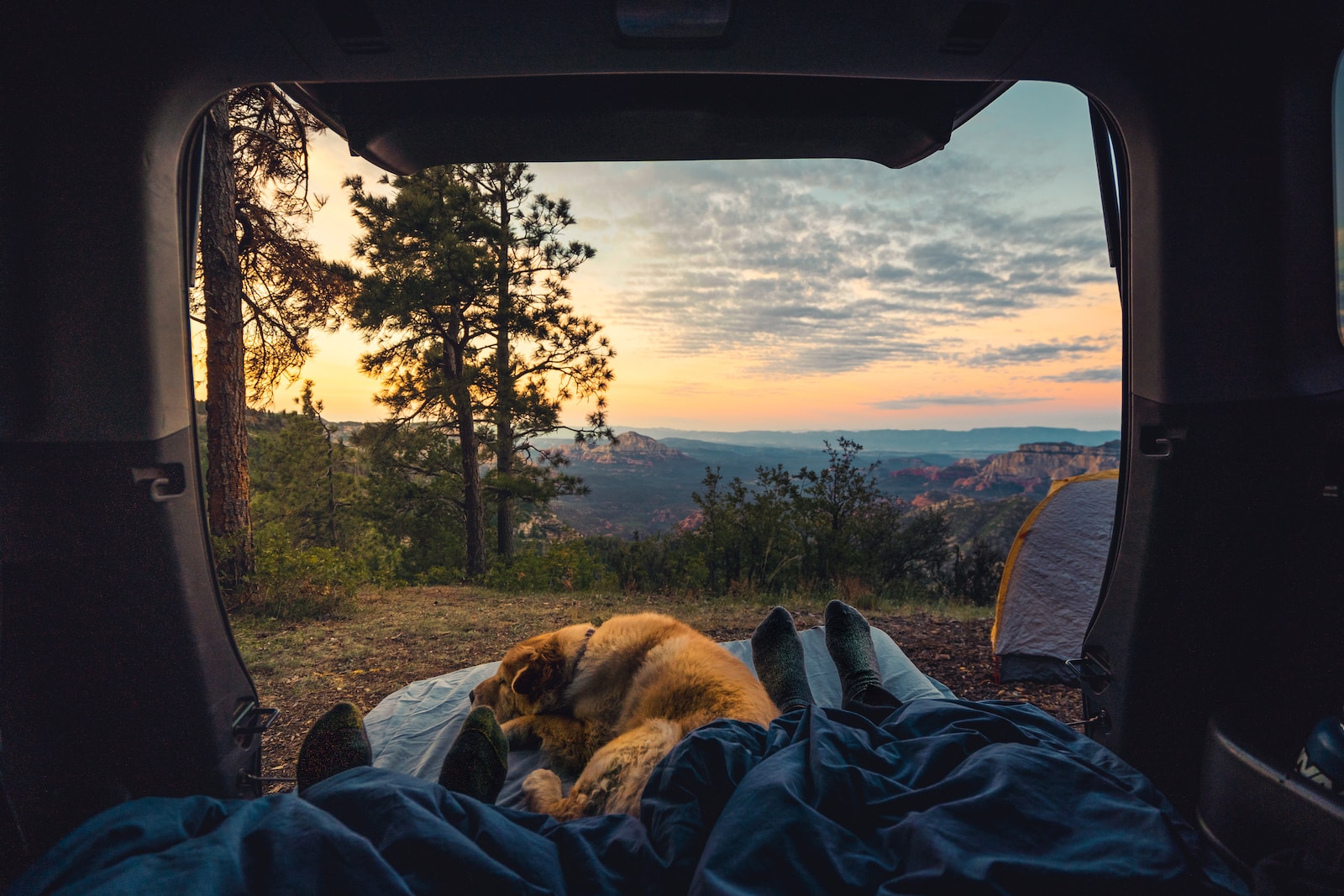Laguna Beach is a city in Orange County, California, in the United States.
The Beach is located along the Pacific Ocean, about 80 km south of Los Angeles.
Although a federal appeals court overturned a Los Angeles ordinance that forbade people from sleeping in their cars, it is still illegal to do so in California.
The pleasant weather of Laguna Beach has drawn the homeless to the area.
A proposal for long-term housing with assistance services in the canyon is currently under discussion, and Laguna Beach managers and affordable-housing suppliers are actively searching for a way to balance empathy with public safety.
Laguna Beach lacks a specific ordinance governing sleeping inside a car.
However, there are some limitations outlined in the municipal code regarding sleeping on public beaches, streets, and walkways.
Can You Sleep in Your Car in California?
The cost of renting an apartment in California is rising, which has produced an unusual trend.
Some people now live in their cars rather than shelling out more than half of their monthly income on rent.
This happens throughout the summer when the temperature is warm enough to enjoy life without a heater.
Many cities have begun enforcing laws as a result of the rising number of people who sleep in their cars.
The issue of sleeping in cars is specifically addressed by laws in some Californian cities.
You can’t spend the night in your car in San Francisco. You risk receiving a $1,000 fine for sleeping in your car.
People are not allowed to live in their cars in Los Angeles.
The law refers to living in the car between the hours of 9 pm and 6 am when it is parked in a residential area or when it is 500 feet or less from a school, park, or public building.
Is It Legal to Sleep in Your Car in Laguna Beach?
Many van and RV nomads want to travel to sunny Southern California but are unable to afford the $70 per night campground or resort rates.
The majority of them choose to covertly camp in cities as a result. But is clandestine camping prohibited or not?
Numerous local laws prohibit sleeping in a moving vehicle in Laguna Beach.
But you won’t be detained. In most cases, the police will approach between 3-5 in the morning and order you to leave. Instead of simply parking on a roadside, use residential areas as campgrounds.
Can You Sleep in Your Car in Southern California?
Most cities in Southern California have laws prohibiting sleeping in a vehicle on public roads or private property.
Laws state that you cannot sleep in your vehicle on public property or within 500 feet of an apartment between the hours of 9 PM-6 AM. It is up to the city whether sleeping in your vehicle is illegal.
Even though most towns have laws prohibiting stealth camping, many people still do it. Recognizing the laws of the city you intend to visit and concealment camp in is critical to ensuring your safety and peace of mind, and knowing how to deal with any legal issues that may arise.
What Are the Parking Laws in Laguna Beach?
When visiting Laguna Beach, relieve your stress because you have a variety of options.
All meters within the downtown area are accessible and there is enforced daily metered street parking from 8 AM to 9 PM.
Please be aware that if a meter has a time limit, you have to relocate your car to a new spot and cannot feed the meter again.
If you have a handicapped parking placard, you are permitted to park for free for up to 72 hours in an on-street metered space. Non-handicapped room in city parking lots costs money.
Nine electric vehicle charging stations are available in Laguna Beach, with two located in the Glenneyre parking framework.
Charges for up to four hours of vehicle charging are $3/hour. Electric vehicles are not required to purchase an independent parking pass from the pay station.
Why does Laguna Beach Prohibit Sleeping in Vehicles?
To combat the increase in homelessness, Laguna Beach banned sleeping in vehicles.
The logic behind these regulations is to force homeless people into government assistance.
With the rise in homelessness in Los Angeles and San Diego, there has been an increase in people asleep in their vehicles in neighborhoods.
Most laws prohibiting sleeping in a moving vehicle use the terms residential areas and vehicle dwellings in each city where they are written.
The regulations regarding sleeping in a moving vehicle are changed every few years.
The laws in the city you might be stealth camping in because rules are constantly changing.
Cities that prohibit sleeping in vehicles implement these regulations very differently.
The number of people sleeping in their cars has had a significant impact on these communities.
Because most people prefer to covertly camp by the beach, they have noticed an increase in these numbers.
What Are the Actual Laws in Southern California’s Major Cities?
Any person who parks a camper truck, campsite trailer, tent trailer, or other vehicles overnight on a property or easement owned by the City—aside from areas that may have been specifically chosen and set aside for this reason by the City Council or the Director—is breaking the law.
There are some resources for safe parking and the law that prohibits sleeping in vehicles in Los Angeles.
The vehicle habitation ban law prohibited residents of San Diego from sleeping in cars on public streets.
One of the cities that strictly prohibits sleeping in a moving vehicle is Santa Barbara.
People who sleep in their RVs or vans outside of the designated safe parking areas may face citations from the police, who appear to be acting aggressively. In Ventura, sleeping in your car while driving is prohibited.
Conclusion
Laguna Beach forbids sleeping in cars have established secure parking areas.
These spaces are created so that homeless people who are sleeping in their cars have a secure overnight parking spot.
However, there are a few things you should be aware of if you’re thinking about living in your car to save money.
Many city dwellers still live in their cars despite the high fine.
They can get around the law by parking in a different spot each night, being careful not to park in a spot that will draw attention and cause people to call the police, and keeping their living arrangements a secret.

